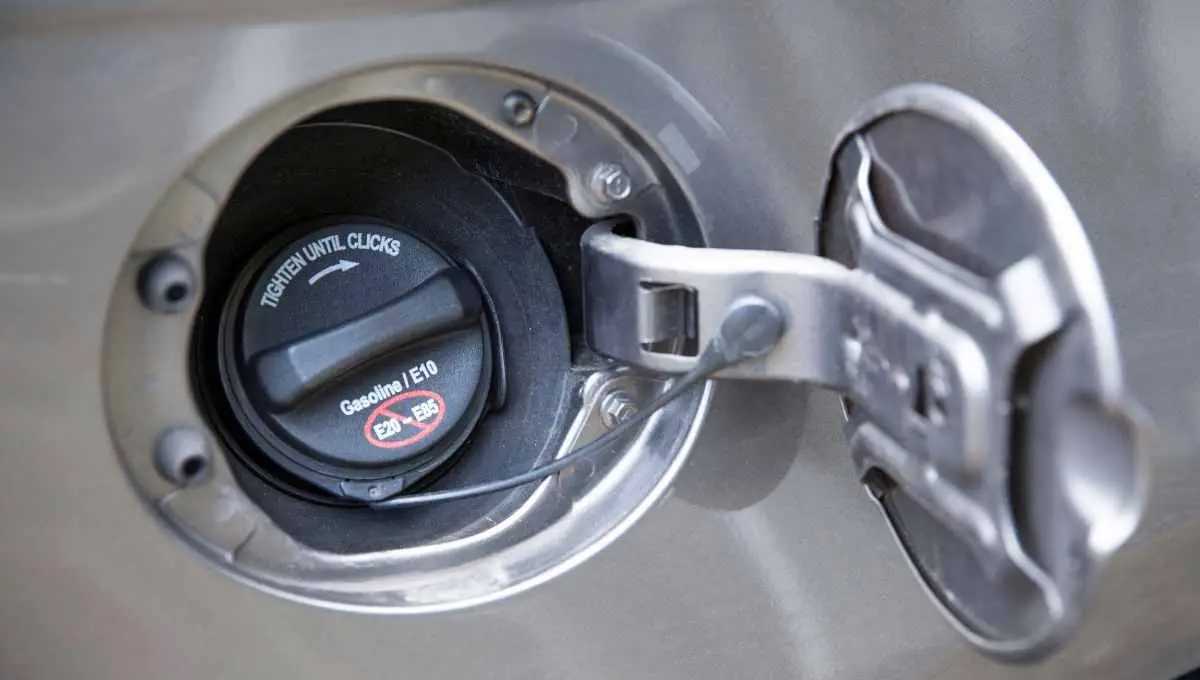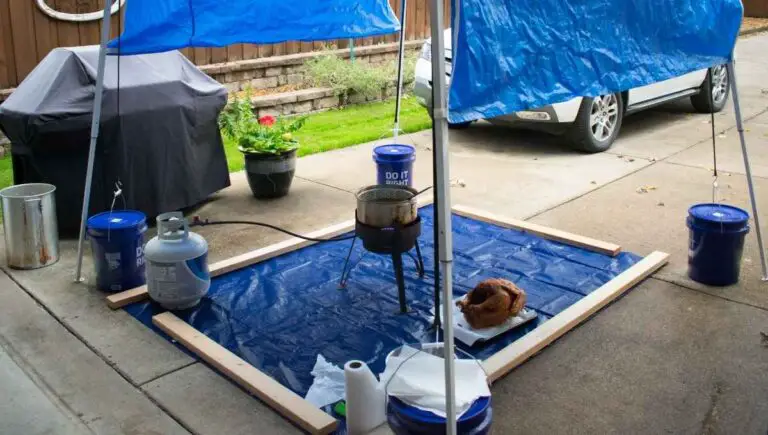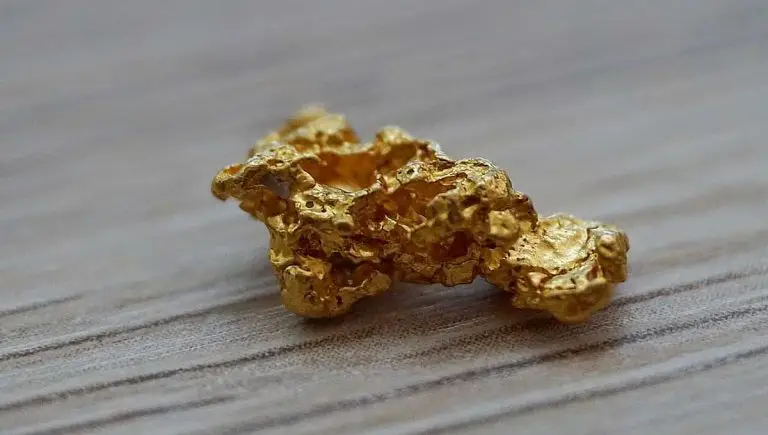Can You Pee in Your Gas Tank? (Does This Actually Work?)

Have you ever wondered what would happen if you were to pee inside your gas tank? I’d be lying if I said the thought never crossed my mind. Is this something that would actually work, or would you undoubtedly ruin your vehicle doing so?
Peeing in your gas tank is a bad idea and should not be done. Urine is made up of about 95% water and 5% waste product. Gasoline does not mix well with water and may cause your vehicle to stall or not start at all. This can be harmful to your vehicle’s fuel system.
In this blog post, we’ll cover whether or not urine can be used as gas as well as what happens if you attempt to urinate in your gas tank. We’ll also cover what can happen to your engine, and why peeing in your gas tank isn’t the best option.
This post contains affiliate links from Amazon and other stores. This means Yard Blogger may earn a commission if you make a purchase using any of our links. Please refer to our full affiliate disclosure policy for full details.
Here’s a Quick Pro Tip!
Running out of gas when you’re nowhere near a gas station is always scary. Keeping a few gallons with you for those dire moments is a smart thing to do.
Having a portable gas canister like these can save you a lot of headaches in the future:
1. No-Spill 1450 5-Gallon Poly Gas Can – Holds 5 gallons of gas and can get you where you need to be
2. Scepter Under Seat Portable Fuel Tank – Fits nicely under the seat of your vehicle
Can Pee Be Used as Gas?
In general, you cannot use urine as gas to power your vehicles. Water and gasoline do not mix well, as water can cause problems in a vehicle’s fuel system.
Believe it or not, using urine as a source of gas may be an option in the future. A scientist at Ohio University has developed a catalyst that would break down the waste products in urine to produce hydrogen gas. This could theoretically allow you to use your own urine as fuel.
As of right now though, using urine as gas in your vehicle is just a bad idea and will not work. This will likely not be a viable option for drivers any time soon, as it has yet to be tested in a real-world environment.
What Happens When You Put Pee In Your Gas Tank?
If you put urine into your gas tank, the gasoline and water from your urine will separate from each other as you drive. This may cause your engine to stall or not turn on at all.
The water from the urine will sink toward the bottom of your tank, and the gasoline will float to the top. This is especially the case if your vehicle is sitting stationary for an extended period of time.
Urine in your gas tank will cause the same problems that water in a gas tank would. It may cause your engine to stall and not turn on at all.
If your vehicle does start while the two liquids are separated, the engine will run very roughly and could even stop working while you’re driving. A lot of damage can be done to your vehicle by putting urine in your gas tank.
You might also enjoy our post on How to Keep Neighbors From Parking in Front of My House
Long-Term Gas Problems
Most people who have attempted using their own urine as fuel have ruined their vehicles over time. This is because using urine in your vehicle has the same effect as putting water in your gas tank.
Water cannot be used with gasoline, nor can it be burned without causing damage to your vehicle’s fuel system.
If you were to repeatedly put water into your gas tank over an extended period of time, this would cause the metallic components inside the engine to corrode. This corrosion will affect the performance of your engine and may even cause it to stall.
This extends to putting urine in your gas tank as well. Urine contains water, which will not burn without causing considerable harm to the components inside your engine. If you were to put this into practice for very long, your vehicle would suffer significant damage.
You might also enjoy our post on Can I Pee in My Backyard?
What Can I Put In My Gas Tank Other Than Gas?
Gasoline is typically the only type of fuel you should be putting in your gas tank. It is recommended to put in a premium grade fuel, as it will keep your engine running smoothly.
Premium-grade fuel is also better for the environment and will help prevent your engine from becoming dirty. This type of fuel can be found at most gas stations.
It’s usually best to avoid lower grades of gasoline, as they do not perform well or are not made to run smoothly with other types of fuel.
These grades of gasoline are often more flammable than premium-grade fuel is.
You should never put diesel, kerosene, or anything other than gasoline in your tank unless you drive a vehicle with a diesel engine. Doing so will cause harm to the components inside your engine and can also damage the performance of your vehicle.
Do Not Use Your Own Urine As Gas!
Using your own urine as fuel is dangerous to both you and your vehicle’s components. It would harm your vehicle in much the same way that putting water in your gas tank would.
If you were to drive with urine in your gas tank, the engine will stop running after some time. This is because water and gasoline do not mix well together — just like oil and vinegar salad dressing!
It is always important to use only the type of fuel that is intended for your vehicle. The only fluid you should ever place in a gas tank is gasoline.
If you want to save money, try using less expensive brands or searching the area for discounts and cheaper prices on gas.
Using urine as gas can be dangerous and won’t even work. It will harm your vehicle in similar ways to when you put water in your gas tank.
You might also enjoy our post on Can You Park Cars In Your Backyard?
Final Thoughts
In summary, you should never urinate in your gas tank. This simply does not work and is harmful to your vehicle.
Urine contains water, which will not mix well with gasoline and will cause serious damage to the components inside your engine.
If you were to use your vehicle regularly for an extended period of time and put urine inside it, the components would corrode over time and potentially ruin your engine’s performance or stop it from working altogether.
The only fluid you should ever use to power your vehicle is gasoline; this will help prevent any damage or problems with the engine.






